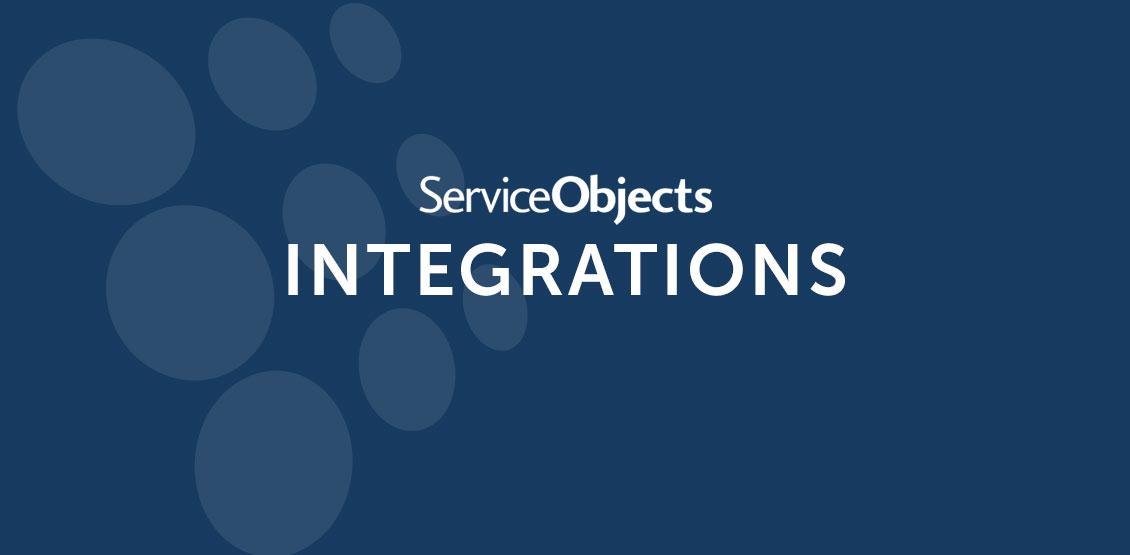If you sell products and services across state lines, are you liable for collecting sales taxes? The answer is more complicated than you think nowadays – and it rhymes with “Lexus.”
The concept of sales tax nexus, or whether you have a business presence in another state subjecting you to liability for sales tax collection, has evolved considerably in recent years. Once upon a time, common wisdom was that you had to have a physical, bricks-and-mortar presence in a state to create nexus. Today, there are numerous additional forms of nexus that you should be aware of.
You can thank online sales for many of these changes, in response to states losing sales tax revenue to such sales over time. Add this to the fact that nearly all sales are technically subject to state sales tax – with nexus simply shifting liability for collecting and paying these taxes to the seller – and you have a new landscape for businesses who sell on a regional or national scale.
Recent forms of sales tax nexus
Here are some of the more common new forms of nexus nowadays, as described by the Sales Tax Institute:
Click-through nexus: This normally occurs when you meet a minimum threshold of sales in another state, referred to you via the website of an affiliate in that state who receives commissions for these sales. Some state courts have held that this also extends to the “goodwill” of a brand name, such as a recent New Mexico case claiming that people shop on barnesandnoble.com as a result of the presence of physical Barnes & Noble stores in the state.
Affiliate nexus: This refers to cases where you own, are owned by, or have a substantial interest in an affiliate in another state that is used to “advertise, promote, or facilitate sales to an in-state consumer.”
Marketplace nexus: This requires online marketplaces operating their business in a state – and providing services such as e-commerce, customer service, payment processing, and marketing – to collect sales taxes on behalf of their individual sellers.
Economic nexus: This is the broadest new sales tax nexus category of all: in some states, transacting more than a certain sales volume within a state may create nexus, even if your business has no physical presence or affiliate relationships in that state. This form of nexus was ushered in by the landmark 2018 Supreme Court ruling in the case South Dakota vs. Wayfair, giving any state the right to establish economic nexus.
The presence of each of these forms of nexus varies from state to state: this chart from the Sales Tax Institute outlines which states employ them, and is kept up to date as laws change, so it is well worth bookmarking. Also, be aware that these forms of nexus all exist on top of numerous previous criteria for nexus, ranging from remote employees to selling at out-of-state trade shows. This makes competent legal and accounting advice a must for determining your particular business’s situation.
How we can help with sales tax nexus
So how can businesses – particularly smaller ones – make sense of this new world of sales tax collection?
First, the bad news: you first need to determine where you have nexus, based on the particulars of your business and its sales. Only you know whether you have operations in another state, or meet any of the other conditions that create nexus. However, this is normally a straightforward process that is done once, and subsequently only evolves with changes in your business or state laws.
Next, the good news: once you have determined that you have nexus in a particular state, you can automate the process of sales and use tax calculation. And that is a very good thing, because state and local taxing jurisdictions vary widely, sometimes even within the same city or ZIP code! Our DOTS FastTax service makes life simple for you: specify an address, and we’ll give you a complete and accurate breakdown of its tax rates, including state, county, city, district, and special district rates.
FastTax uses tax data that is continuously synchronized with state and province updates, and is integrated with geolocation and our federally-certified address validation capabilities to ensure accurate location and tax results. Combined with your own good visibility on sales tax nexus issues, we can work together to make your nationwide sales process smooth, convenient, and compliant with tax regulations wherever you do business.













